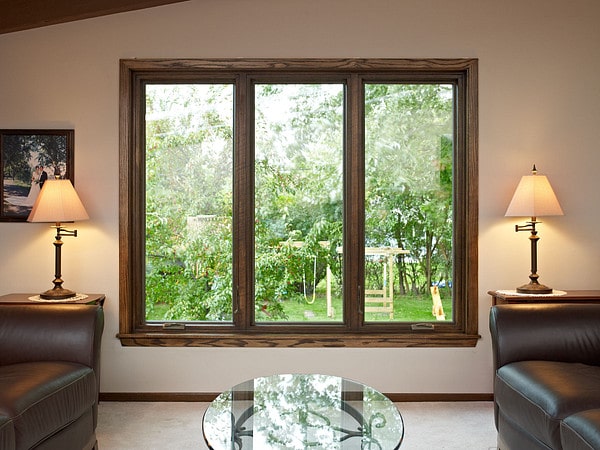

The quality of the windows you install in your home is essential to maintaining an efficient, beautiful, high-value home. When it comes to your living space, you deserve the best. Renewal by Andersen is the full-service replacement division of Andersen, and our team is ready to provide you with outstanding windows that will last for years.
Contact UsAt Renewal by Andersen, we offer a wide selection of high-quality replacement windows in various styles and colors. Our team will work closely with you throughout the design and window installation process. Our quality windows perform well, offering an assortment of benefits to your home.
While many companies will offer ready-made solutions, our team at Renewal by Anderson knows that your windows never have one size fits all answers. Every window we install is custom built in the USA* as we measure and manufacture each unit using the best materials and designs.
Regardless of your replacement window needs, Renewal by Andersen can make your dreams a reality. Replacement window styles:
*Using U.S. and imported parts


If your windows are getting older, it may be time to replace them with new units. Replacing your old windows adds value to your home, saving energy and creating a stylish accent to your home decor. Renewal by Andersen can help you find the perfect windows for your home, combining excellent service with unmatched quality.
Many companies will provide you with substandard vinyl windows that look good initially but slowly show signs of wear and tear after limited use. Renewal by Andersen chooses a different route, using only the best materials you can count on to look good and perform better.
Andersen’s exclusive Fibrex® material offers the strength and insulating value of wood with the low maintenance features of vinyl. Fibrex® material never requires painting and will not crack, pit, corrode or rot.* Fibrex® material is stronger and more convenient than traditional solutions, proven to stand the test of time.* Our home window replacements also offer unique benefits, such as:
*Based on testing of 10 double-hung units per ASTM E2068 20 years after installation.
*See Renewal by Andersen® Products and Installation Transferable Limited Warranty for details.


Renewal by Andersen has replaced more than six million windows in over 700,000 homes. We are grateful for every opportunity to assist a homeowner with one of their most personal and prized possessions, their home.
We operate in various locations, including: